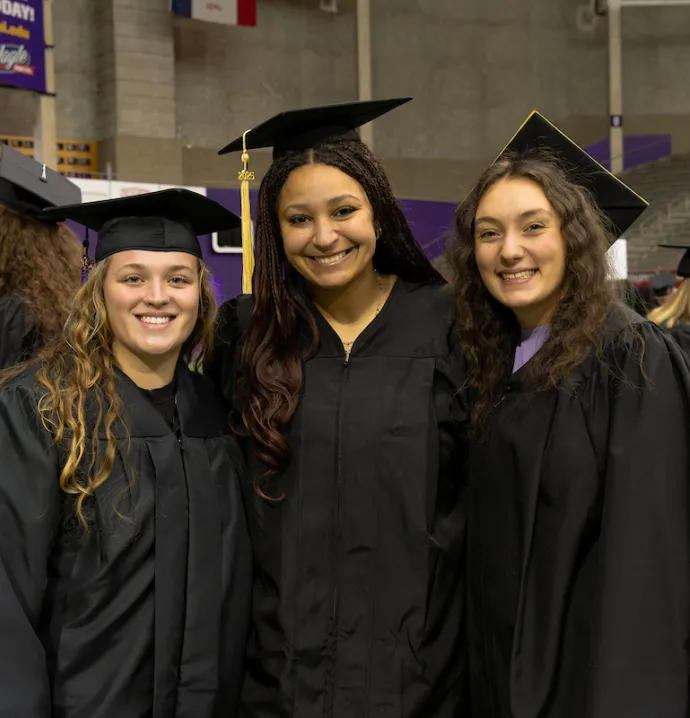Iowa Waste Reduction Center awarded USDA grant to reduce community waste
Iowa Waste Reduction Center awarded USDA grant to reduce community waste
The Iowa Waste Reduction Center (IWRC) at the University of Northern Iowa was recently awarded a grant for their Community Waste Diversion Project that will provide technical assistance, training and educational information by hosting an on-site, hands-on workshop.
The workshops, held within eight rural communities in Iowa and surrounding states, will bring together local stakeholders to both learn how to implement strategies that divert food and recycling waste from the landfill, but also the hazards associated with per- and polyfluoroalkyl substances and steps to prevent and remediate contamination.
“A greater quality of life can be reached within a community by increasing awareness and strategies to address food waste, recycling materials and per- and polyfluoroalkyl substances,” said Program Manager Jenny Trent. “Partnerships forged through networking to solve common issues have the capacity to bring together a community to improve community pride, increase opportunities and create a healthier environment.”
Each community has its own challenges and needs, especially in the rural Midwest where resources and expertise are limited.
In order to provide quality technical assistance, training and workshops within each community, the IWRC will conduct extensive research about each participating community to evaluate current food waste and recycling efforts, identify deficits in infrastructure, and provide customized recommendations to both strengthen current initiatives and/or build new programming to improve diversion rates of food and recycling materials from the landfill.
Finally, the IWRC will conduct a search for data detailing per- and polyfluoroalkyl substances found within each community as well as the sources of contamination, and measured levels.
IWRC staff will use the collected research to develop customized training guides, reports and workshops. Where participating rural communities implement strategies recommended by the IWRC, such as curb-side recycling or food waste composting, job and business growth becomes a powerful possibility. Haulers, compost facilities and redemption centers can be built from the ground up or expanded to increase job opportunities and new businesses.
The project will encourage members of the local community to work together by forging partnerships to create a robust diversion program that has the potential to improve the quality of life within each participating community.
Training guides and replicable educational materials will be made available online at www.iwrc.org.




